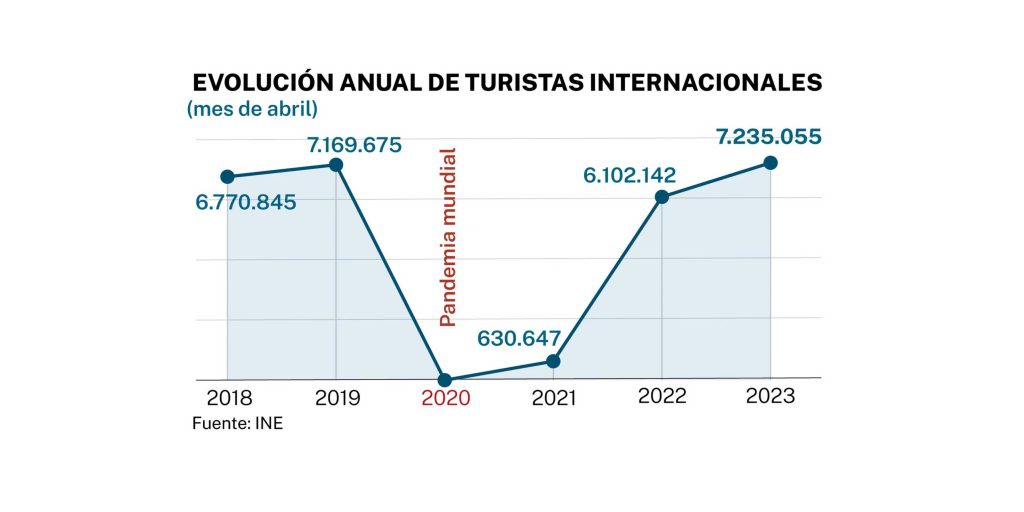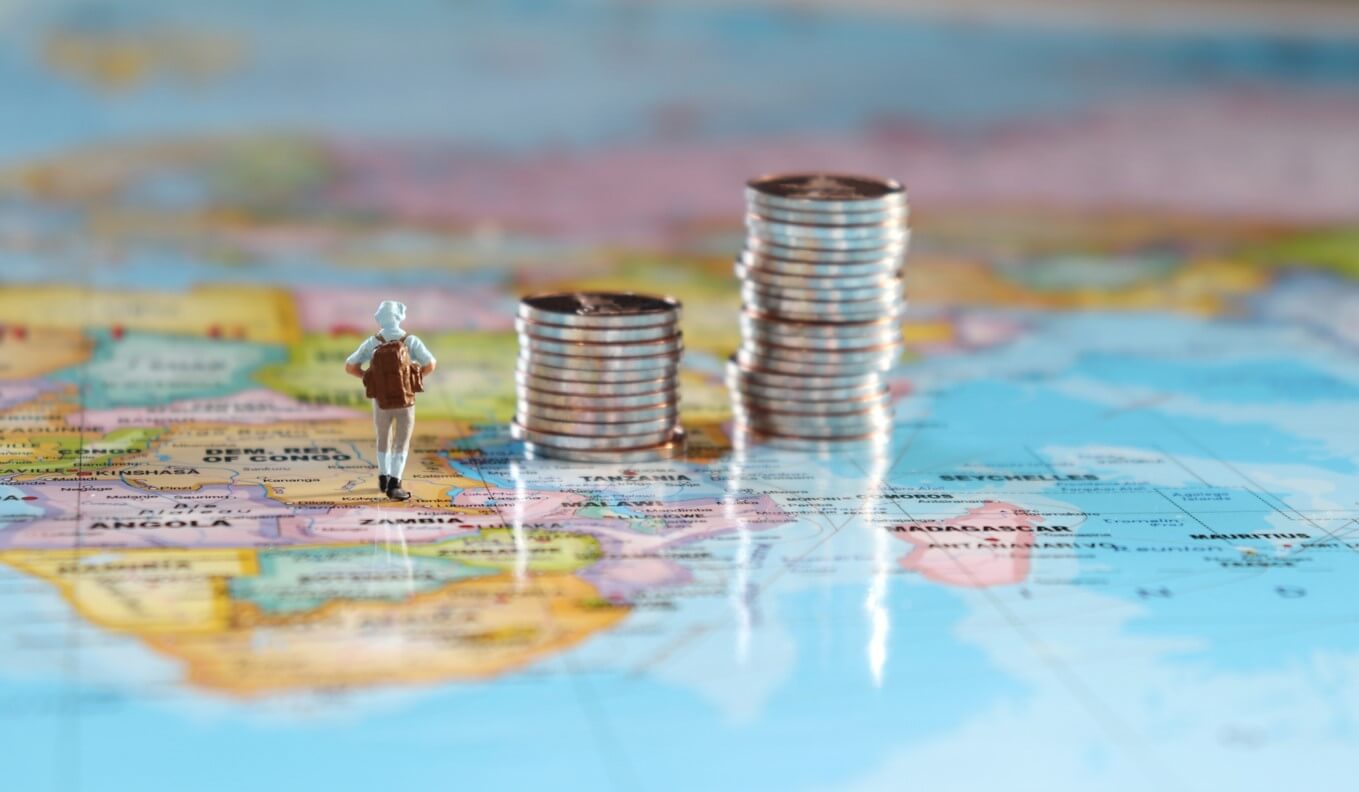The 2023 tourism is dictated by inflation, which is a generalized and sustained increase in the prices of goods and services in an economy over a period of time. If inflation is high, it can have several effects on tourism:
1. Cost of travel: Higher prices in general can lead to an increase in travel costs, such as airfare, lodging and meals. This could make travel more expensive for tourists and could lead to a decrease in travel demand.
2. Tourist spending: If prices are higher in the tourist destination, tourists may spend less on local activities and shopping, which could affect travel demand and shopping locally, which could negatively affect the local tourism-dependent economy.
3. Travel decisions: Tourists may choose to travel to destinations where costs are lower rather than those with high inflation.
This could change traditional tourism patterns.
4. Hotel industry: Operating costs for the hotel industry, such as energy, food and supplies, could increase due to inflation, which could affect lodging rates.
5. Infrastructure investment: High inflation could negatively affect investment in tourism infrastructure, which in turn could affect infrastructure, which in turn, could decrease the quality of the tourist experience.
Tourism is one of the main drivers of the Spanish economy. This year it will generate 12.3 out of every 100 euros of our economy. Some 172,200 million euros, according to Exceltur data in 2023.
The difference this year, due to inflation, is that domestic tourism is down, but international tourist continues to grow strongly.





